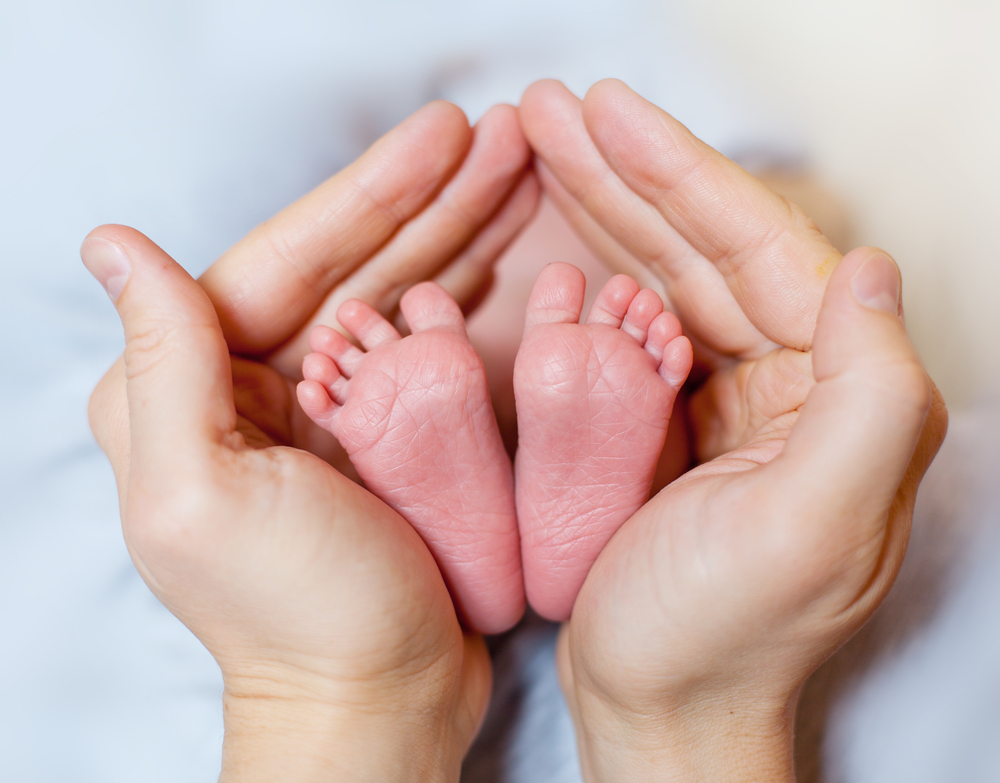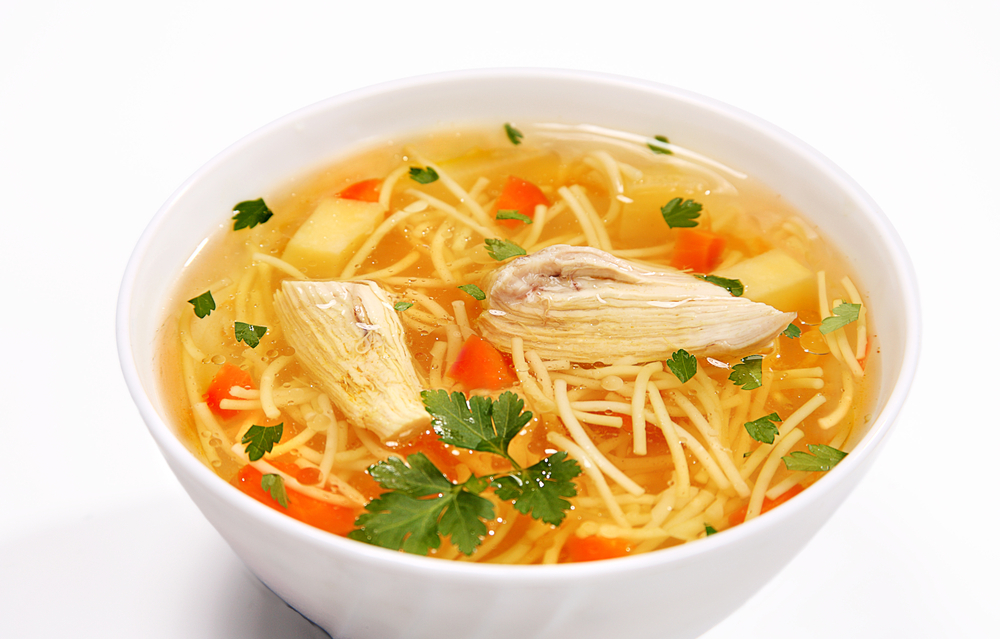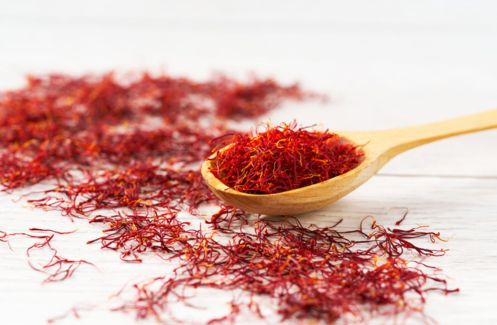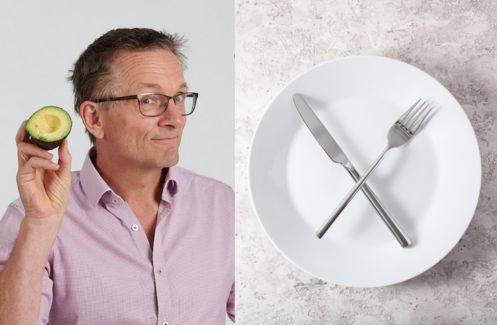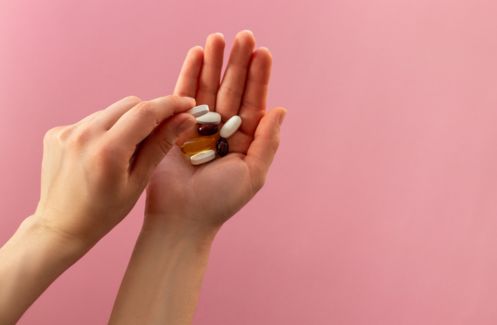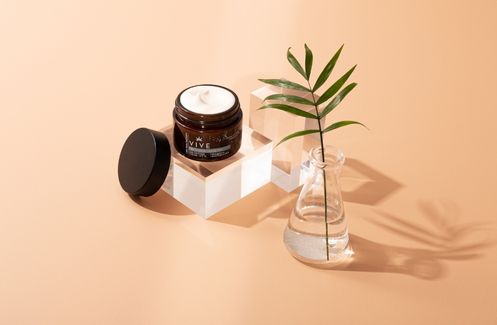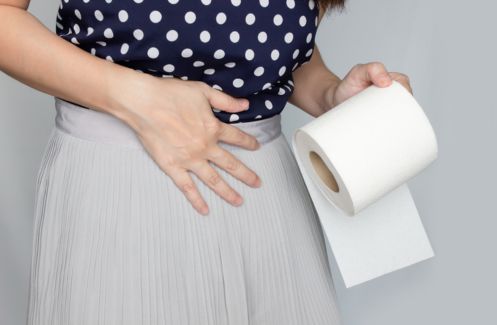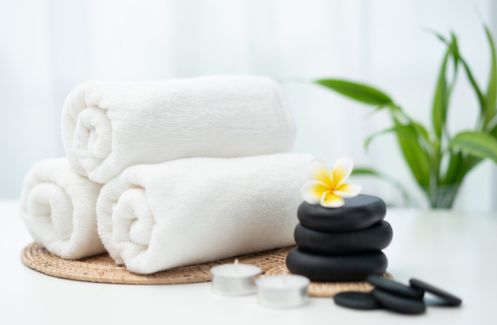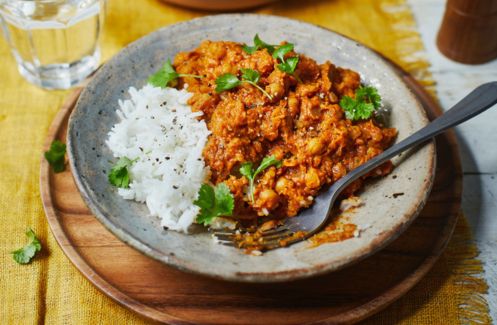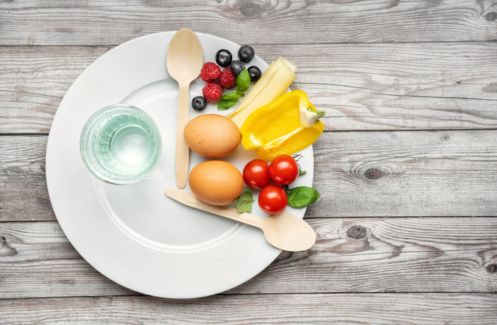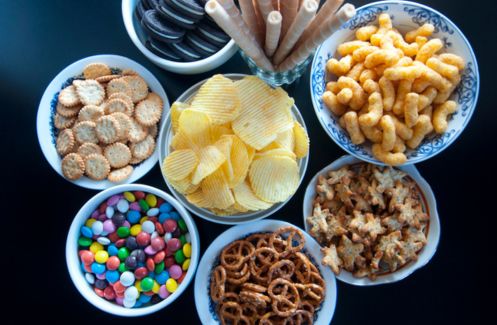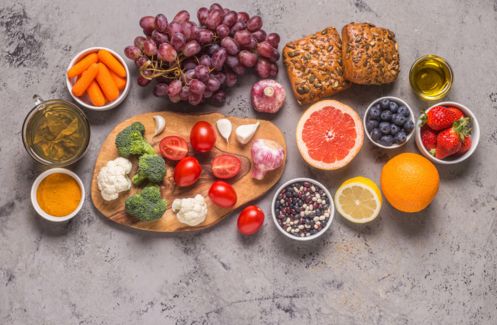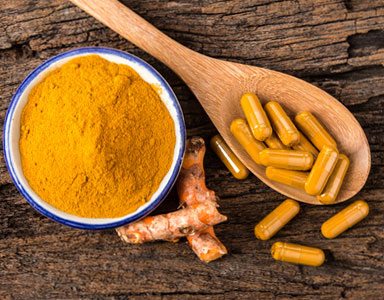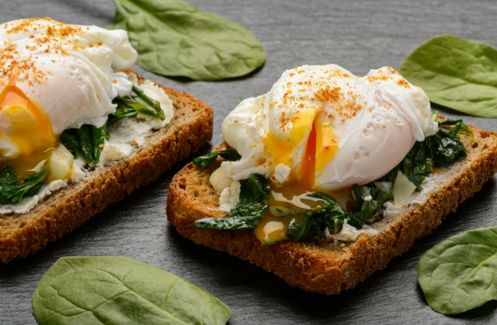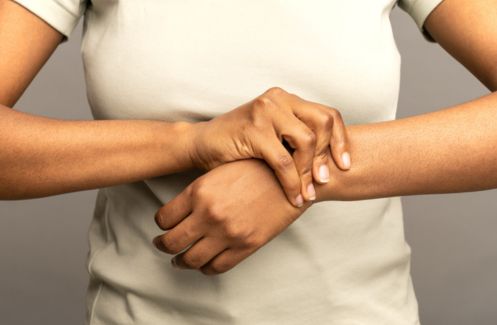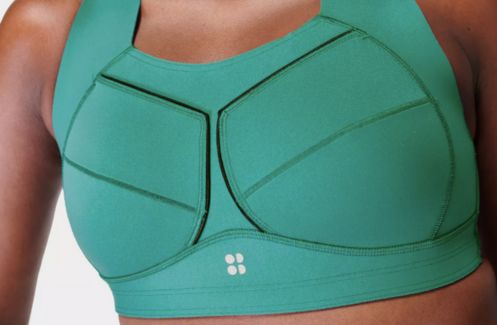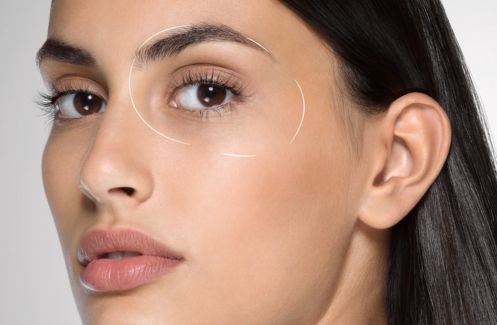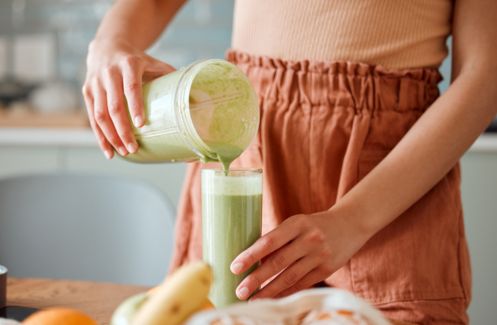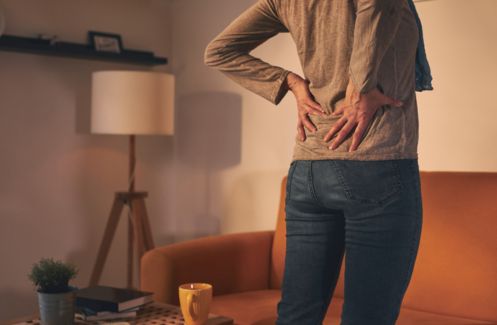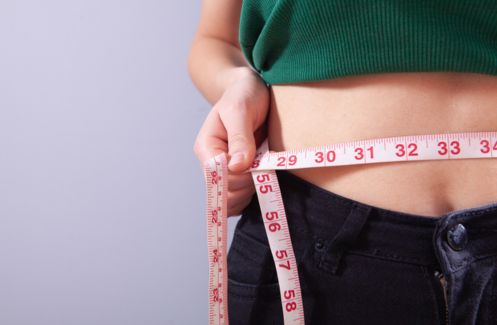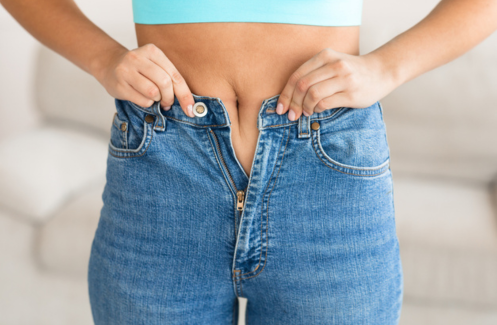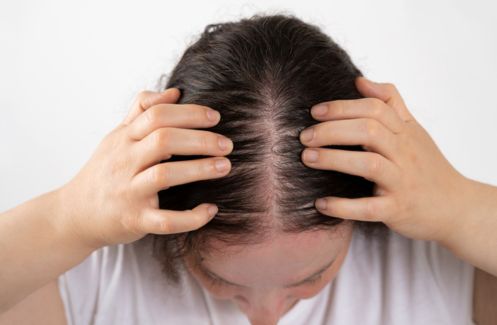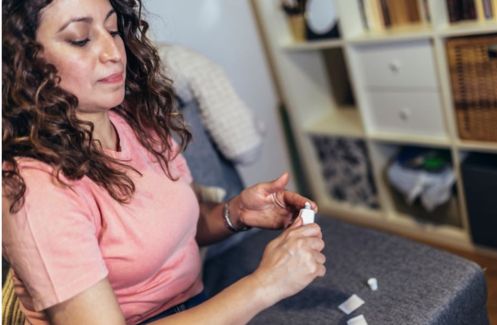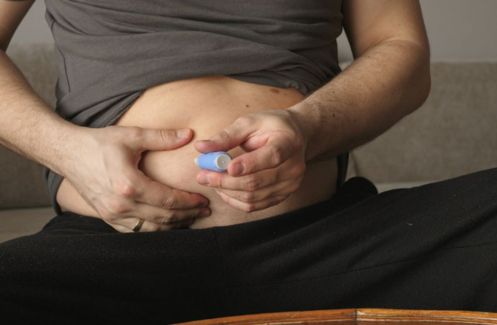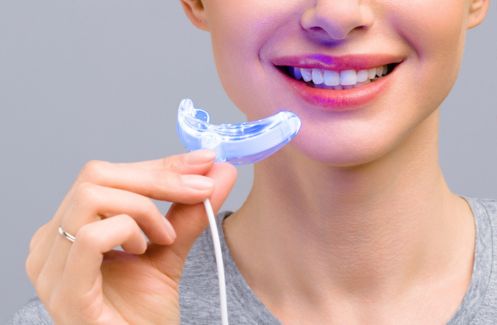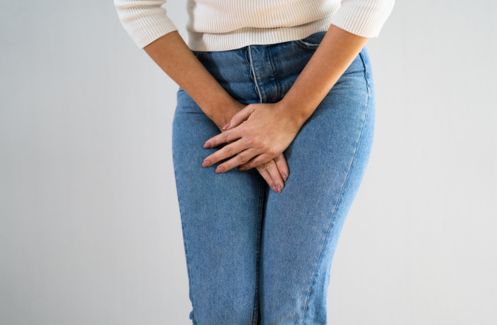A staggering one in seven new mums get postnatal depression. Rosanna Mayhew reports on causes, treatments and what you can do to prevent it
During one weekend in November, three tragic deaths in the UK were linked to postnatal depression (PND). Such a concentrated spate of loss has brought this distressingly common condition into the spotlight. Gwyneth Paltrow, Courtney Cox and other A-listers have talked about their struggles with PND helping reduce some of the stigma attached to this mental health disorder which affects 70,000 new mothers in Britain each year. And a recent report which investigated 10,000 women over a 14 year period found that staggeringly, one in seven new mothers suffers with PND.
Symptoms vary but often include confusion and an inability to concentrate, low self-worth, feelings of isolation and detachment as well as being sad or tearful for no particular reason, feelings of panic, difficulties in sleeping and loss of interest in sex. Indeed, exact causes are unclear but most experts believe PND is the result of several factors including hormonal changes, past or present emotional events, or social circumstances.
Janet Fyle, Professional Policy Advisor at The Royal College of Midwives, told Healthista that the formation of the Maternal Mental Health Alliance in 2011 has increased attention on PND which has resulted in more women feeling able to voice their feelings and problems.
Despite this positive step, health campaigners estimate an extra 35,000 mothers in England and Wales may still be suffering in silence. PND costs the economy around £35.7million each year and the government recognises that over-stretched midwifery services need urgent attention. They are working with the NHS to reduce PND through earlier diagnosis and increased support. With news from the Royal College of Midwives last October saying almost a quarter of maternity professionals had received no maternal mental health training, the government pledged to have a Specialist Mental Health Midwife at every birthing unit by 2017.
Katrina Ashton, a Specialist Mental Health Midwife, explains: ‘Since I became a midwife 35 years ago much has changed. The time a midwife can spend with a mother is now so limited that after physical issues have been addressed there’s little time to build that all-important relationship where a mother feels comfortable discussing her worries. When these anxieties are not met they can lead to deterioration in mental wellbeing.’ She adds that the more access expectant and new mothers have to sound information, the better positioned they will be to stay mentally healthy during this crucial time.
Encouragingly headlines were made last year when a study announced the invention of an inexpensive diagnostic test which could detect the likelihood of a woman developing PND. Though the test might not be available for five years, Professor Dimitris Grammatopoulos of Warwick Medical School who headed the research, was optimistic, saying ‘in most cases post-natal depression is a preventable disorder’.
So what steps can expectant and new mothers take to prevent PND? Healthista spoke to two leading experts about what you can do to help yourself through pregnancy and as a new mother.
During pregnancy
‘Pregnant women should go out of their way to eat a “rainbow diet” which means incorporating a full-spectrum of colour from fruit and vegetables,’ says Lorna Driver-Davies, a naturopathic nutritionist. She also stresses the importance of gentle exercise and fresh air. Outdoor activity has long been touted as a natural mood booster and researchers at New York’s Columbia University proclaim 21 minutes of exercise as the magic number needed to lower anxiety and stress. A good multivitamin should cover most of your extra requirements during pregnancy and after birth; try Zita West’s Vital Essence, £25 or Natures Own Optimum, £11.50.
Omega-3 and Omega-6 fats
The key Omega-3 fats crucial for mental health of the mother and brain development of the baby are EPA and DHA. Both are hormone balancers and are required daily during pregnancy, ideally from the diet plus a supplement such as MorDHA, £24.89. As well as one portion of oily fish per week, swap toast and peanut butter for walnut butter, drizzle flax seed oil over salad, or add a spoonful of chia oil to a smoothie. Avocados are a brilliant source of Omega-6 fats too. The most nutritious and satisfying breast milk needs to contain a fair bit of oil, making it the same consistency as gold top milk, Driver-Davies explains. It’s particularly important therefore to build up your consumption of good quality oily foods in the lead up to birth.
Zinc
Crucial for brain and mood health, lack of zinc upsets natural production and regulation of hormones. Many experts believe low levels may contribute to post-natal depression. Driver-Davies suggests building up your zinc reserves before conception because doses above 10mg a day are not recommended during pregnancy. ‘I often see mothers with signs of zinc deficiency because a growing foetus needs large quantities of zinc to grow and this is taken from the mother’s reserves, so I always recommend large quantities of dark green vegetables, eggs, apricots and nuts,’ she says. Also try making a smoothie using a handful of spinach or kale, apple juice, water, fruit, and half a teaspoon of chlorella or spirulina powder (try Dr Schulze’s Superfood Plus Powder, £38.64).
Phospholipids
These help support the nervous system and can minimise the anxiety many feel as the due date approaches. They also help calm the frazzled, out-of-control feelings which can be associated with birth and early motherhood and which could develop into post-natal depression if left unchecked and are also crucial for the baby’s cognitive development. Driver-Davies recommends a supplement during pregnancy and after birth because it can be difficult to get sufficient amounts from food alone. Try Cytoplan’s Phospholec, £20.30.
Protein
Protein plays an important role in brain health because it makes neurotransmitters (such as the ‘happy hormone’ serotonin) which regulate how you feel, think and behave, Driver-Davies explains. ‘Many of us only have protein once a day, during our evening meal. A quick way to boost protein intake is a daily protein shake’. It is advisable to check with a nutritionist for a suitable brand during pregnancy but Solgar Whey To Go, £38.99, is a good all-round option.
Magnesium
This mineral is often overlooked but it plays a part in keeping anxiety at bay. A lot of magnesium is used during the contractions of childbirth, so building good supplies whilst pregnant will help labour and keep emotions more steady in those first few days after birth. Good magnesium reserves will be especially beneficial if you experienced a difficult labour or are struggling with sudden sleep deprivation. ‘On top of your pregnancy multivitamin I recommend an extra 100mg per day for the first five months and an extra 200mg per day from six months until after the birth (100mg in the morning, 100mg in the evening),’ suggests Driver-Davies. Try Cytoplan’s Biofood Magnesium, £29.15.
Vitamin D
In addition to immunity and bone health, Vitamin D is important for overall mental health; research out last year suggested low levels cause free radical damage to the brain. The Department of Health recommends a daily supplement to all pregnant and breastfeeding women. A free prescription should be offered at your first antenatal appointment but you can have up to 1000iu each day. If your prescription or pregnancy multivitamin doesn’t contain enough you can top up with a quick absorption mouth spray such as DLux 400iu, £6.25.
AFTER BIRTH
It is important to continue with a nutritious diet because regardless of how well a woman eats during pregnancy, her vitamin and mineral reserves will be depleted. Dark green leafy vegetables are packed with B vitamins and zinc – both are important for mood stability. My advice for those who are breastfeeding is the same as for pregnancy. I would encourage those who are not breastfeeding to see a nutritionist because in my experience it is often this group who may discontinue the healthy eating regime and may be more vulnerable.
Looking after your mental health
Integrated fertility expert Emma Cannon has her roots in traditional Chinese medicine and stressed the importance of maintaining good mental health whilst pregnant: ‘I believe that the experiences a mother has during pregnancy impacts the growing baby. Even a woman’s innermost thoughts and feelings affect the baby – emotions have a vibration and those vibrations help formulate the baby’s personality’. Cannon believes women need to nurture their mental wellbeing from as early as the first trimester. Here’s Cannon’s advice for mind health during pregnancy and after birth:
Good nutrition – While good diet before and after birth is important, good digestion is really the key, she says. The benefits of even the most perfect diet can be seriously diluted by a poor digestive system. Eat slowly and chew properly; don’t eat too late at night and avoid flooding the system with liquid. Instead sip water away from mealtimes; eat slow-cooked foods such as soups and stews that are easy on the digestion; and avoid television or contentious subject matter while eating because in Chinese medicine the stomach digests both food as well as thought. Diverted or upset concentration will lessen the quality of digestion.
Build the blood – In Chinese medicine the mind and blood are closely linked – strong blood means emotions are balanced and when I see a woman whose blood is weak I see more anxiety, more depression and less ability to cope. A woman with strong blood will be better able to produce nutritious breast milk. Chicken soup is my number one blood nourishing cure and small black foods such as black sesame seeds and black beans are also excellent blood strengtheners. Meditation and gentle walks are also useful for replenishing blood.
Restorative sleep – The rejuvenating and curative power of a good night’s sleep should not be underestimated; sleep or its lack affects your ability to concentrate and stay calm. Try adopting a ‘wind-down’ period before bed which is free from brain-stimulating activities such as computers and television. I encourage pregnant women to go to bed early because the hours slept before midnight are much more reviving than those after – according to the traditional Chinese clock, sleep before midnight is when blood is really replenished.
Acupuncture – During 20 years of treating expectant and new mothers I have observed that acupuncture greatly improves the mood. Those who have previously suffered with, or may be vulnerable to, anxiety and depression can also be greatly helped because acupuncture works on the principle of optimum health of body and mind. Acupuncture is also helpful on a physical level in all stages of pregnancy; early on for sickness and in the late stages reducing labour length.
Post-natal support – The mother should sleep when her baby sleeps, get as much help and support as she can, and keep herself warm so as to preserve energy – a Haramaki (£23, Amazon) worn round the waist really helps keep the whole body warm.
What treatment options are available on the NHS and where can I get help?
If you think you or someone you know is experiencing PND there are a number of treatment options available, depending on your situation. The first step is always to speak to a healthcare professional, be that your GP or midwife.
Treatments include: support groups; a series of interactive computer sessions at the GP surgery called Beating the Blues which are based on cognitive behavioural therapy (CBT); therapy in the form of CBT or interpersonal therapy (IPT); antidepressants.
In addition to the GP and visiting healthcare professional, there is information and advice from the Association of Post-Natal Illness who provide a telephone helpline and offer contact with a network of volunteers who have themselves experienced PND. The Mind website also has plenty of up-to-date information.
Driver-Davies recommends seeking advice from nutritionist as well as a medical professional – the earlier the better. If your situation is mild there are specific supplements for brain chemistry that can be helpful.
Lorna Driver-Davies is director of Feel Better Nutrition and offers consultations in London and Brighton focusing on women’s health, fertility and pregnancy
Emma Cannon is an integrated fertility expert and founder of The Fertility Rooms in London. More information can be found in her book, You and Your Bump (£14.99, Rodale).
Rosanna Mayhew is a health and wellbeing writer. When she’s not writing she works as a marketeer for ethical food brands. Read more medium.com/@rosannamayhew Follow Rosanna @rosannamayhew.
Like this article? Sign up to our newsletter to get more articles like this delivered straight to your inbox.




